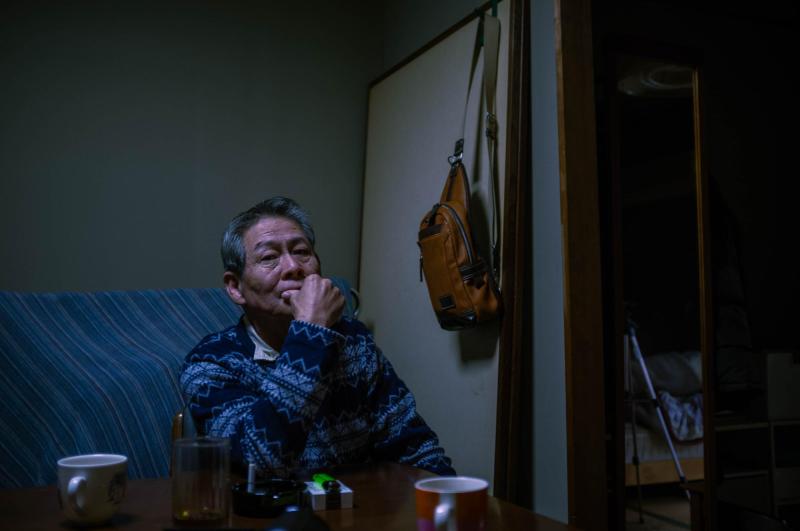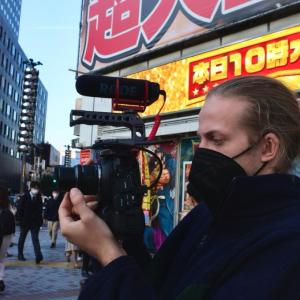Jōhatsu is mondai in Japan, which means as much as a problem. Photographer Kanagawa Shingo encountered that problem during his childhood. "When I was in elementary school, my father would regularly disappear and then he would come back after a while," he said. Because of his experience, Kanagawa decided to create a photo project around jōhatsu to take it out of the taboo. Koyama Goro was once jōhatsu himself. He disappeared for a while during his college days. Now he is a private investigator, specializing in tracking down jōhatsu. "When I try to imagine how the disappeared person in question would think, I reach back to how I thought when I was young," he says. And so Koyama tries to reunite jōhatsu with their families.
Some jōhatsu never return. They see no way out. "Disappearance, or jōhatsu, I think is exactly the same as suicide," says Yukio Shige. "Because people who think about suicide are also trying to escape." Yukio Shige does suicide prevention. He patrols the cliffs of Tōjinbō every day. There, he tries to detect and help people with dark thoughts.


